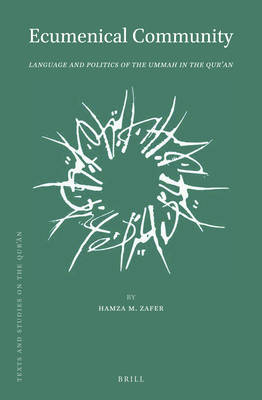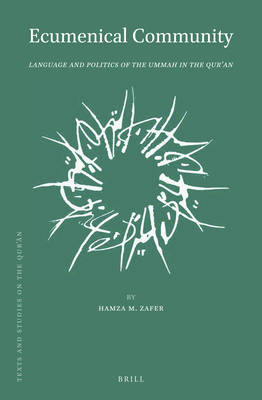
- Afhalen na 1 uur in een winkel met voorraad
- Gratis thuislevering in België vanaf € 30
- Ruim aanbod met 7 miljoen producten
- Afhalen na 1 uur in een winkel met voorraad
- Gratis thuislevering in België vanaf € 30
- Ruim aanbod met 7 miljoen producten
Zoeken
€ 161,95
+ 323 punten
Omschrijving
In Ecumenical Community, Hamza M. Zafer explores the language and politics of community-formation in the Qurʾan. Zafer proposes that ecumenism, or the inclusivity of social difference, was a key alliance-building strategy in the western Arabian proto-Muslim communitarian movement (1st/7th century). The Proto-Muslims imagined that their pietistic community--the ummah--transcended but did not efface prior social differences based in class, clan, and custom. In highlighting the inclusive orientation of the Qurʾan's ummah-building program, Zafer provides new insights into the development of early Islam and the period preceding the Arab conquests.
Specificaties
Betrokkenen
- Auteur(s):
- Uitgeverij:
Inhoud
- Aantal bladzijden:
- 230
- Taal:
- Engels
- Reeks:
- Reeksnummer:
- nr. 17
Eigenschappen
- Productcode (EAN):
- 9789004442986
- Verschijningsdatum:
- 26/11/2020
- Uitvoering:
- Hardcover
- Formaat:
- Genaaid
- Afmetingen:
- 155 mm x 239 mm
- Gewicht:
- 498 g

Alleen bij Standaard Boekhandel
+ 323 punten op je klantenkaart van Standaard Boekhandel
Beoordelingen
We publiceren alleen reviews die voldoen aan de voorwaarden voor reviews. Bekijk onze voorwaarden voor reviews.








